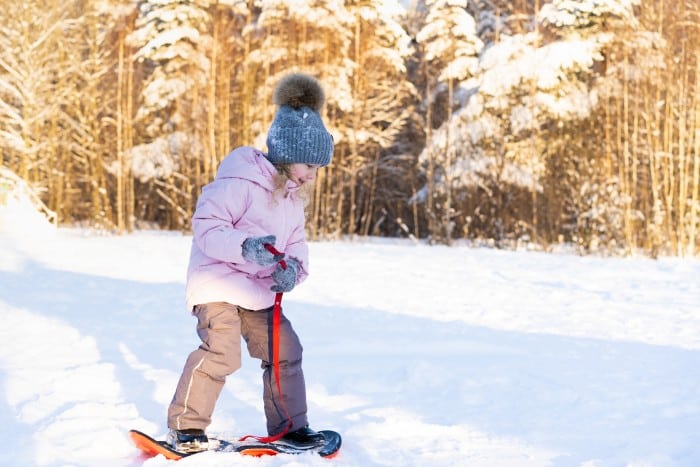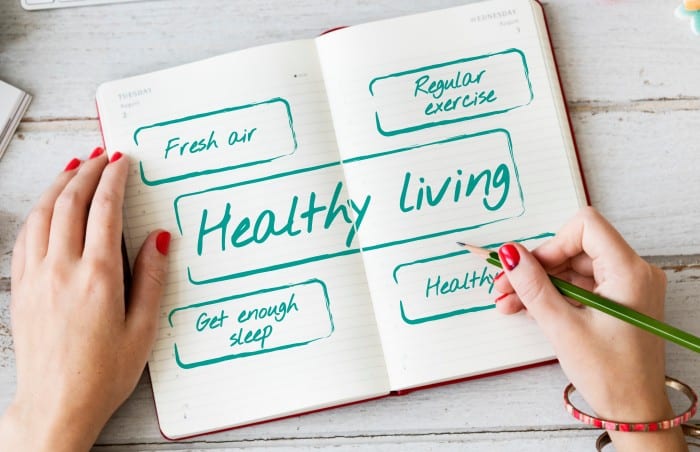

Many athletes dream of qualifying for the Olympics and snowboarders are no exception to this rule. But what does it take to actually make it to the Olympics for snowboarding? Snowboarding in the Olympics is a difficult task that involves starting a training regimen from childhood. To qualify, you must be recognized by the Fédération Internationale de Ski, your country’s national Olympic committee, and the International Olympic Committee at specific events. Below, we detail how to qualify for the Olympics and the difficulties you will likely encounter at each stage. To help you turn your Olympic dreams into a reality.
Snowboarding first appeared in the Olympics during the 1998 Winter Olympics in Nagano, Japan, and it came into existence with both the giant slalom and the half-pipe competitions. Olympic snowboarding in the modern day features a large variety of snowboarding events, including the giant parallel slalom, the parallel slalom, the half-pipe, slopestyle, and the most recent arrival, the snowboard cross. Each of these marks a distinct event that pushes the physical and psychological limits of snowboarders’ capabilities.

To train for Olympic-level snowboarding, a person must undergo rigorous training that starts from a young age. As early as 4 or 5 years old, someone training for the Olympics has to get an early start to gain an edge on the competition. It takes years to get to the level of professionalism that comes with the Olympics, so it shouldn’t be a surprise that you have to start training exceptionally early. You’ll have to adjust your life around snowboarding at a young age, potentially being homeschooled and changing your curriculum to incorporate snowboarding into it. This will allow you to spend more on the mountain. Training will need to take place six days a week. You will need to adjust your psychological mindset. Additionally, to get to the Olympics, you will need a support system that helps to promote your passion. Your family will be your primary source of support when training at a young age. You will also need to find a specific coach who recognizes your talent and passion and is willing to train you for years to get you to a point where you are ready to compete.
There’ll be various training regimens needed to prepare someone for a life of Olympic-level snowboarding. Namely, cardio and strength training will be crucial elements of preparation. You’ll want to be in the best shape you can be in, as your body will be pushed to its utmost limits with the physical activities you’ll be partaking in. Conditioning the body in the gym will take a substantial amount of your time. When you’re not spending your day exercising, you’re going to be practicing on the slopes, spending your time advancing your skills in your particular event. Your specific training regimen will depend on what your coach decides is best for you for snowboarding. However, many Olympic-level athletes spend time conditioning their core, legs, arms, and shoulders as these muscles help maintain balance and gain speed and height, all crucial elements in competitive snowboarding.

Beyond specific exercises that’ll take up the focus of your Olympic training regimen, your diet will also be monitored heavily. The food you consume will be your primary energy source and must be monitored to ensure that your body is functioning optimally. You can expect your diet to be planned by dieticians and medical professionals who will continuously monitor you and work alongside your coach to ensure your health goals are being met. Protein may take up a large portion of your diet due to its effects on muscle building. Staying hydrated is also highly significant for maintaining a body that can withstand the pressures of the Olympics. You can say goodbye to soda or sugary treats, as you’ll only find yourself drinking water and other hydrating drinks. Your coach will also monitor your sleep to ensure you get enough energy to meet your training goals. You will want to ensure that you get 8 hours of sleep a night to ensure that you’re getting all the rest that you will need to make it to higher-level Olympic tryouts.
To qualify for the Olympics is a lengthy process that could take many years to actualize. For a snowboarder to qualify for their event, it isn’t as simple as winning one singular competition. Instead, it’ll take a lot of effort in many distinct competitions that push the boundaries of the snowboarder’s capabilities. Qualifying for the Olympics is best compared to a layered cake. You have the international governing body on the bottom, followed by your country’s national Olympic committee above that, with the international body for the Olympics on top. You must qualify for each layer successively to meet the criteria needed to compete in the Olympics.
To qualify for the Olympics, a snowboarder must first be recognized by The Fédération Internationale de Ski (FIS). A snowboarder can gain recognition in a variety of ways. Still, the primary method is to earn points in competitions sanctioned explicitly by the FIS. These include World Cups and World Championships. Getting recognized in these competitions is no easy feat, as they’re some of the most grueling and competitive competitions featuring the world’s best snowboarders. However, provided that you’re able to earn enough points in these competitions, you should be able to pass the FIS recognition test.
Secondly, a snowboarder must meet the National Olympic Committee (NOC) requirements for their specific country to compete in the Olympics. The particular qualifications needed will vary based on your nation and the rules of their committee. However, provided the snowboarder meets these requirements, they should be able to progress to the next stage. You can only get recognized by your National Olympic Committee, provided you have recognition from the ISF.
After getting recognized by a specific NOC, a snowboarder must qualify for the International Olympics Committee (IOC). The IOC is ironically the least strict of the three levels of qualification. If the snowboarder has met the criteria of the FIS and the national Olympic committee for their specific country, they should be given the go-ahead to qualify for the IOC.

After meeting the criteria for each layer of the Olympics selection process, a snowboarder will have to compete against other snowboarders from their country to ensure they are selected within their country’s quota. Potential Olympic candidates are chosen from a large roster of people, each with the prospective means of becoming an Olympian. The Olympics has a specific quota list for these athletes, with each country getting a maximum of four athletes for any given sport. These quotas get filled based on competitions that qualifying candidates have participated in during the selection process. These events judge candidates based on whether they get onto a podium compared to the other contestants. If prospective candidates have a good shot at winning their events, they will likely be selected for the Olympics.
Qualifying to snowboard at the Olympics is a grueling task requiring a lifelong effort. It involves being the best of the best at snowboarding and getting recognized by The Fédération Internationale de Ski, your country’s National Olympic Committee, and the International Olympic Committee. From a young age, you’ll be subject to a rigorous training regimen that subjects you to some of the most challenging tasks imaginable, both on and off the hill. And you will need to devote all your time and attention to achieve this impressive feat.
Shailen Vandeyar A proud Indian origin Kiwi who loves to plant trees and play with my pet bunny when not digging my head deep into the world of snowboarding, tricks, techniques, and related safety measures.
Skiing and snowboarding aren't exactly cheap pastimes. Various factors affect the cost of doing these winter sports, including traveling to the mountains buying or renting equipment, paying for lift.
While there is plenty of glory in snowboarding competitions like the World Cup and World Championships, nothing quite compares to the magnificence of the Olympic Games. The Olympics are quite.
Hey rider, I'm Shailen! Just like you, I and my team love to know about snowboarding! Each one of us at Snowboarding Help is an enthusiast in one area or another. From tricks to techniques, from equipment to safety and best practices, we have you covered!
Click on the button below to: Know More!
Snowboarding Help is a participant in the Amazon Services LLC Associates Program, an affiliate advertising program designed to provide a means for sites to earn advertising fees by advertising and linking to Amazon.com. Snowboarding Help also participates in affiliate programs with Clickbank, ClickFunnels, CJ, ShareASale, and other sites. We are compensated for referring traffic and business to these companies.